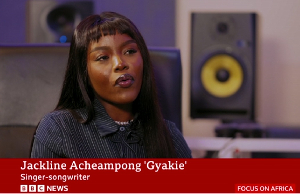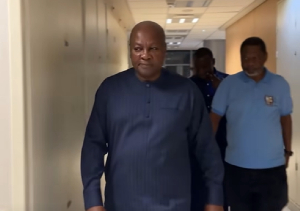The news that José Filomeno dos Santos, Angola's ex-Sovereign Wealth Fund boss and the son of the former president, has been jailed for five years for fraud, is undoubtedly a significant moment.
It's important to remember that, for decades, there was no public fight against corruption in a country ruled by a "royal family", and scores were always settled behind closed doors.
In that sense, the very public conviction of such a prominent figure marks a dramatic shift from the years of elite impunity that characterised Angola's political economy.
But across Angola, the conviction of "Zenu" is likely to be greeted with some ambivalence in a nation grappling with deep economic challenges, and where many are starting to wonder if the new president's clean-up campaign is really more about settling scores with old rivals - a narrow vendetta - rather than heralding the beginning of an era of true transparency.
"It's a step forward. But the jury is still out on what it really means," said Ricardo Soares di Oliviera, an Oxford professor and expert on African politics.
He observed that the authorities were prosecuting "obvious suspects and low-hanging fruit" linked to the Dos Santos family, but have yet to move more broadly against entrenched corruption.
And here is the real risk for Angola, as prosecutors continues to pursue the far higher-profile target of Isabel dos Santos: that an anti-corruption drive that was initially hailed as a game-changing move for one of the continent's "sleeping giants", turns into a mere weapon in an arsenal of political dirty tricks.
Africa News of Friday, 14 August 2020
Source: bbc.com
'End to impunity' as ex-Angolan president's son is jailed
Entertainment












